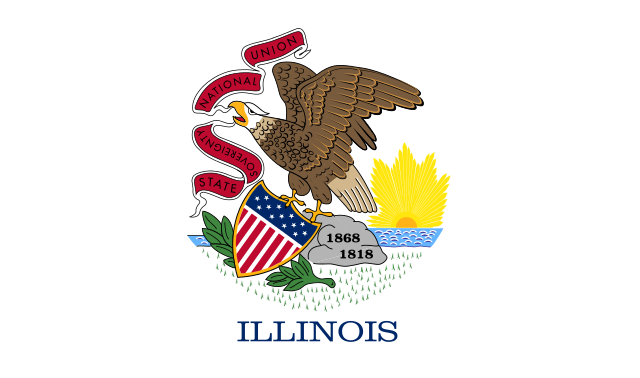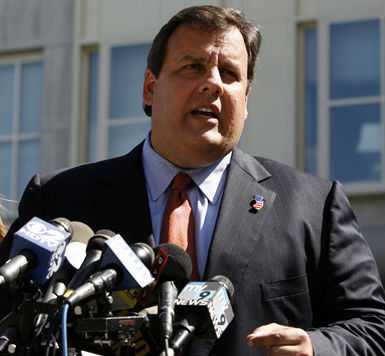None of the three major rating agencies changed their outlook on Illinois’ credit in the wake of a lower court ruling that deemed the state’s pension reform law unconstitutional.
But rating agencies are certainly keeping a close watch on the state as the reform law moves up to the Supreme Court. And all three agencies had something to say after the ruling.
Moody’s had the harshest take, calling the ruling “credit negative” that leaves the door open for a rating downgrade. Summarized by Governing:
[Moody’s] issued an analysis on Nov. 24 that said the “state’s negative outlook indicates the possibility that factors such as further growth in the state’s pension liabilities will drive the rating lower still.” The state is appealing the decision to the Illinois Supreme Court but Moody’s was wary of its chances and pointed out that the top court this summer indicated in a separate case on retiree health benefits that would adhere strictly to the pension protection clause.
A top Moody’s official commented further in a WUIS report:
“The average state from our perspective or the expected rating for a state is AA1, which is our second highest rating. And so Illinois is A3, so that’s five rating notches below that,” said Ted Hampton, a Vice President at Moody’s Investor Service. “Which is to say, it’s still an investment-grade rating. It’s still a strong rating in the context of every kind of security that we rate. But it’s far below all of the other states.”
Hampton says Moody’s saw Illinois’ passage of the pension overhaul as beneficial, but not enough to move the credit ratings needle – because a court challenge was suspected. The recent court ruling likewise wasn’t not enough to prompt a change, though Moody’s called the decision “credit negative” in a notice sent out Tues., Nov. 24.
“We do get a lot of inquiries about states, particularly Illinois where there are problems that are in the news, and where the situation is in flux. And publishing these comments helps us get our opinion out to those investors, or to the general public,” Hampton said.
Fitch and S&P said the pension ruling didn’t move the needle much as far as the state’s credit rating. From Governing:
Fitch Ratings and Standard & Poor’s were far more forgiving. Both said they had already factored in the likelihood of court challenge into their current ratings for Illinois. “More importantly, from a credit perspective,” S&P added, savings from the pension reform are not included in the fiscal 2015 budget.”
Interestingly, Fitch’s main concern wasn’t the pension ruling. Instead, the agency said the real concern was the expiration of several tax increases. From Governing:
Fitch did note another trouble spot for Illinois’ credit lurking just ahead: the scheduled expiration of temporary tax increases in 2015. “The state passed a placeholder budget for the current fiscal year with a stated intent to revisit the issue after the November elections,” Fitch said. “Taking steps to address the long-standing structural mismatch between revenues and spending would put the state on more solid financial footing, while failure to take action would be a return to past practices and leave the state poorly positioned to confront future downturns.”


